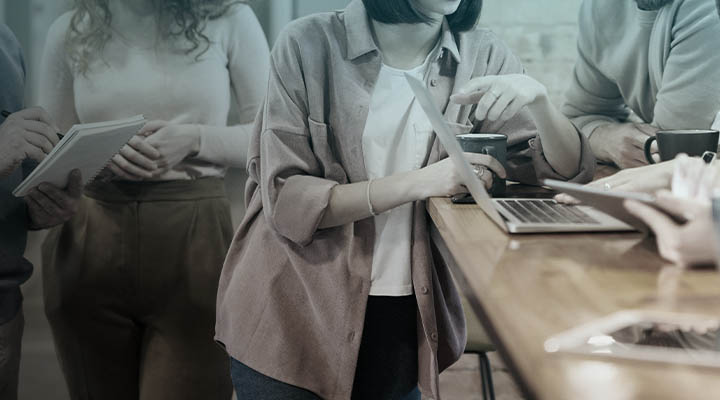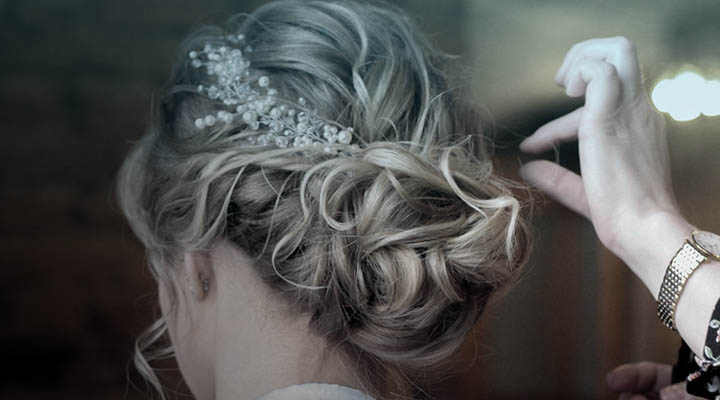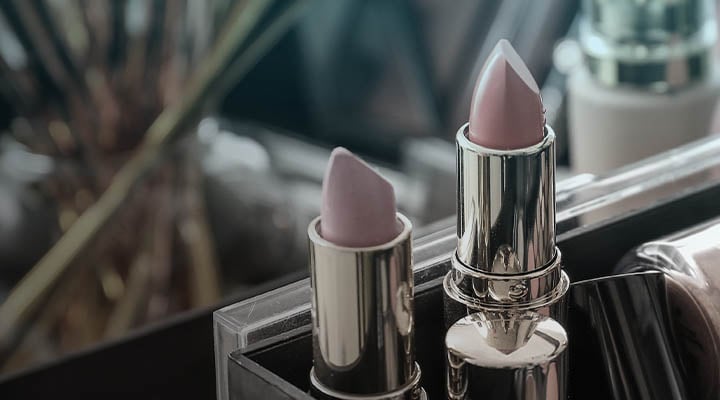For the British high-street to succeed, it must not stop investing in innovation and building an immersive experience.To start things off, let’s talk about something that’s potentially in our near future... another recession. Yes, this is probably a bleak opening. However, retailers are feeling the foreshock of what could be a tough end to the year.
The BRC recently reported that annual consumer spending is at its weakest since their survey was launched in 1996. Due to a possible hard Brexit, it would appear that we are continuing to spend cautiously despite the rise of real wages and ‘on sale’ emails we receive daily. So, where does this leave retailers? Until a decision is made, businesses may choose to spend their time and resources building robust mitigation plans for a no-deal Brexit. Unfortunately, this leaves little resources for something that both Karen Millen and I agree on. For the British high-street to succeed, it must not stop investing in innovation and building an immersive experience. In doing so, stores will remain relevant and encourage consumers to stay loyal to them with their wallet and time, regardless of the outcome of Brexit.
Flying over to the other side of the world, L’Oréal recently announced that its business is growing exponentially in China as their brands continue to win over the market. Sales of both L’Oréal’s luxury and affordable brands reflect a bigger than ever underlying demand for beauty products. What is even more interesting, is that the e-commerce channels for L’Oréal in China are bringing in sales at a rate which is unseen in Europe and America. While the majority of sales within the beauty sector are predominantly from physical stores in the West, Asia strides ahead by offering people a more advanced e-commerce and online shopping experience. This may be why the Chinese consumer will choose online instead of buying in-stores, something L’Oréal has clearly benefitted from. By doing so, the beauty brand has expanded its market share and margins. Going into the Asian market ultimately allows global companies to learn and gain first-hand insight into what they can do better in terms of building a more immersive online experience to help generate sales.
Talking about evolving the beauty experience, Boots have opened their new wellness flagship store in Covent Garden in a bid to meet the growing demand for beauty products. The Walgreens Boots Alliance is definitely rethinking their strategy in the UK and how they can maximise sales. The group have also announced that they plan to close 200 Boots stores by 2021. This cost-cutting strategy has been put in place to help the stores consolidate where possible, invest in existing stores and build new ones where there is a demand. Although not always an easy decision, it is perhaps something other retailers need to think about, especially the heritage stores found on the British high-street. Previously, retailers have focused on growing their presence and renting store space in areas that they think would generate sales, but this often just costs them in high rent rates. Going forward, there should be more focus on gaining a better understanding of where the customer demand is by utilising data and interacting directly with the customers before deciding where to invest in store space and how best to cater to the contemporary their needs.
To end on a lighter note for this week’s retail round-up, Lady Gaga has announced she will be releasing her own beauty line. Hoorah! The product line will be called ‘HAUS LABORATORIES’ and will offer a range of products to suit your beauty needs. Gaga has followed in the footsteps of the youngest billionaire, Kylie Jenner (Kylie Cosmetics), LVMH partner Rihanna (Fenty Beauty) and our favourite person to keep up with - Kim Kardashian (KKW Beauty). Especially noteworthy is Lady Gaga’s retail distribution partnership with Amazon, which clearly recognises the powerful reach of modern-day influencers. The online retailer has always had beauty at its forefront when it comes to strategy and has made no secret of wanting to become the go-to place for beauty products. But why? For several reasons; including loyalty and repeat purchases, the demand from Millennials and Generation Z for beauty products and the rapid growth of emerging brands and trends within the sector. This is also reflected in Amazon’s plans for Whole Foods, which is seeking to evolve into the go-to destination for clean beauty, the current leading trend within the sector.
While writing this edition, I find myself reflecting on one of my favourite ‘economic’ terms, ‘the lipstick effect’. This is where we see a rise in sales for beauty items during an economic downturn. With the likelihood of doom and gloom during tough economic times, consumers may continue to be hesitant when it comes to buying big-ticket household items but may want to treat themselves to cheap thrills - such as a lipstick. Although we may have an indecisive government and a potential recession ahead, at least we will look good when we come out on the other side.
Published
April 29, 2024Reading time
3 minutesRelated posts





